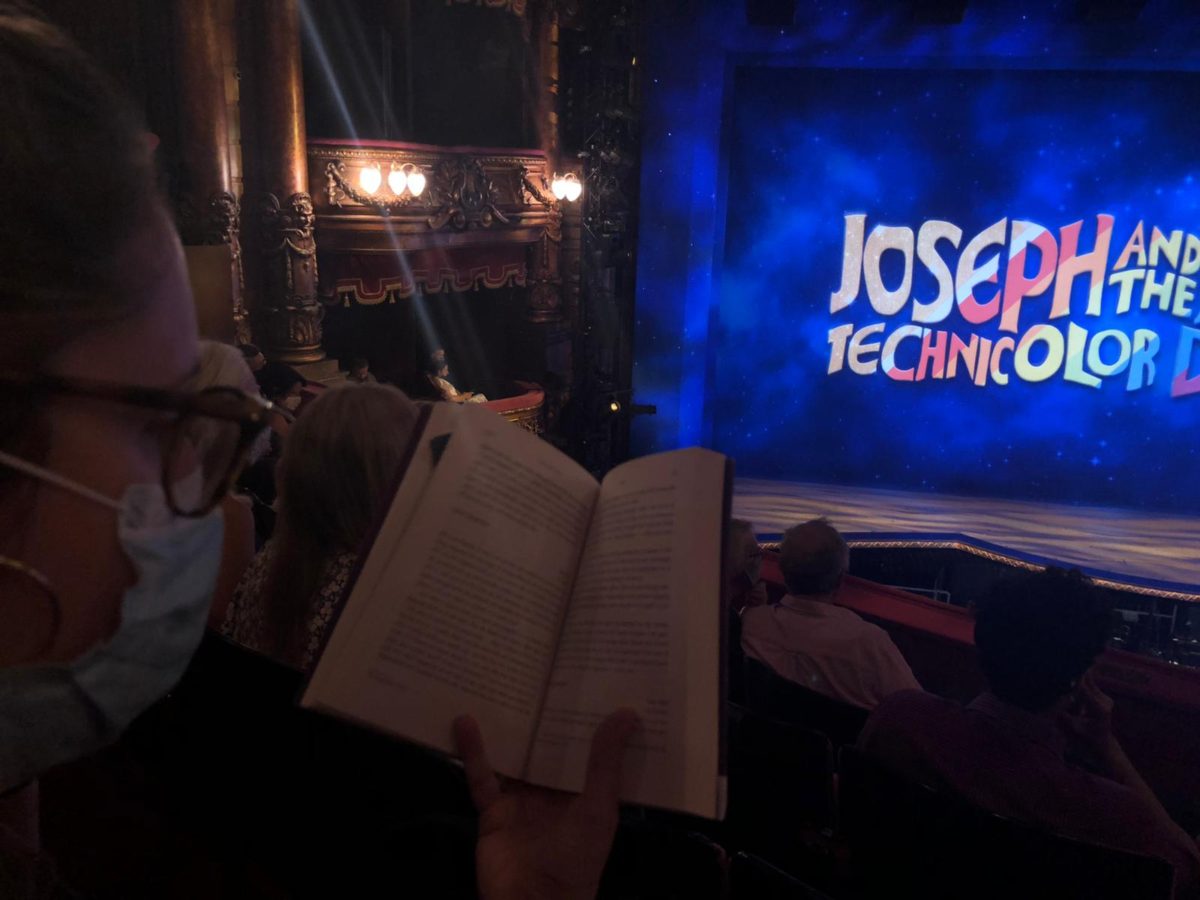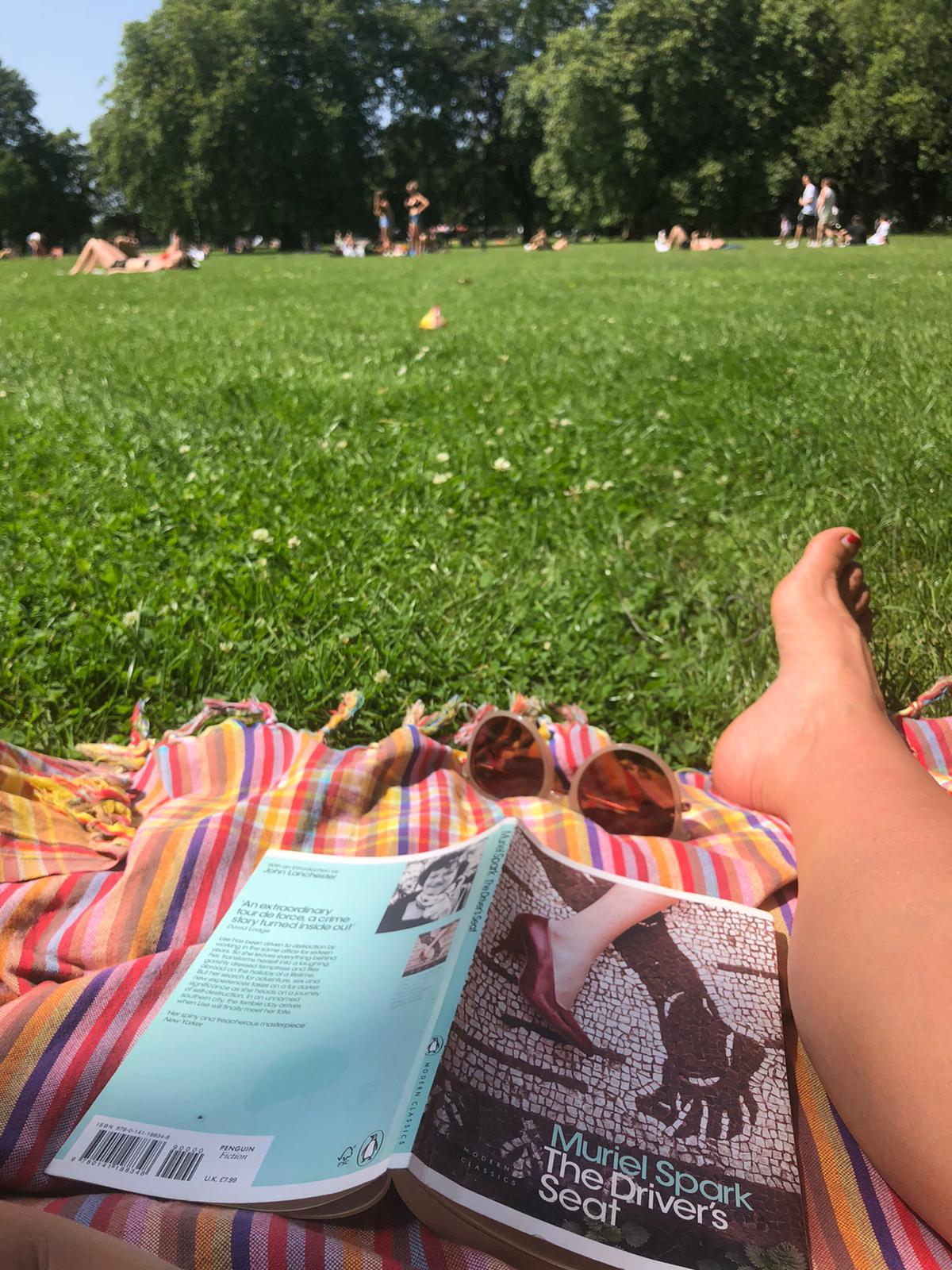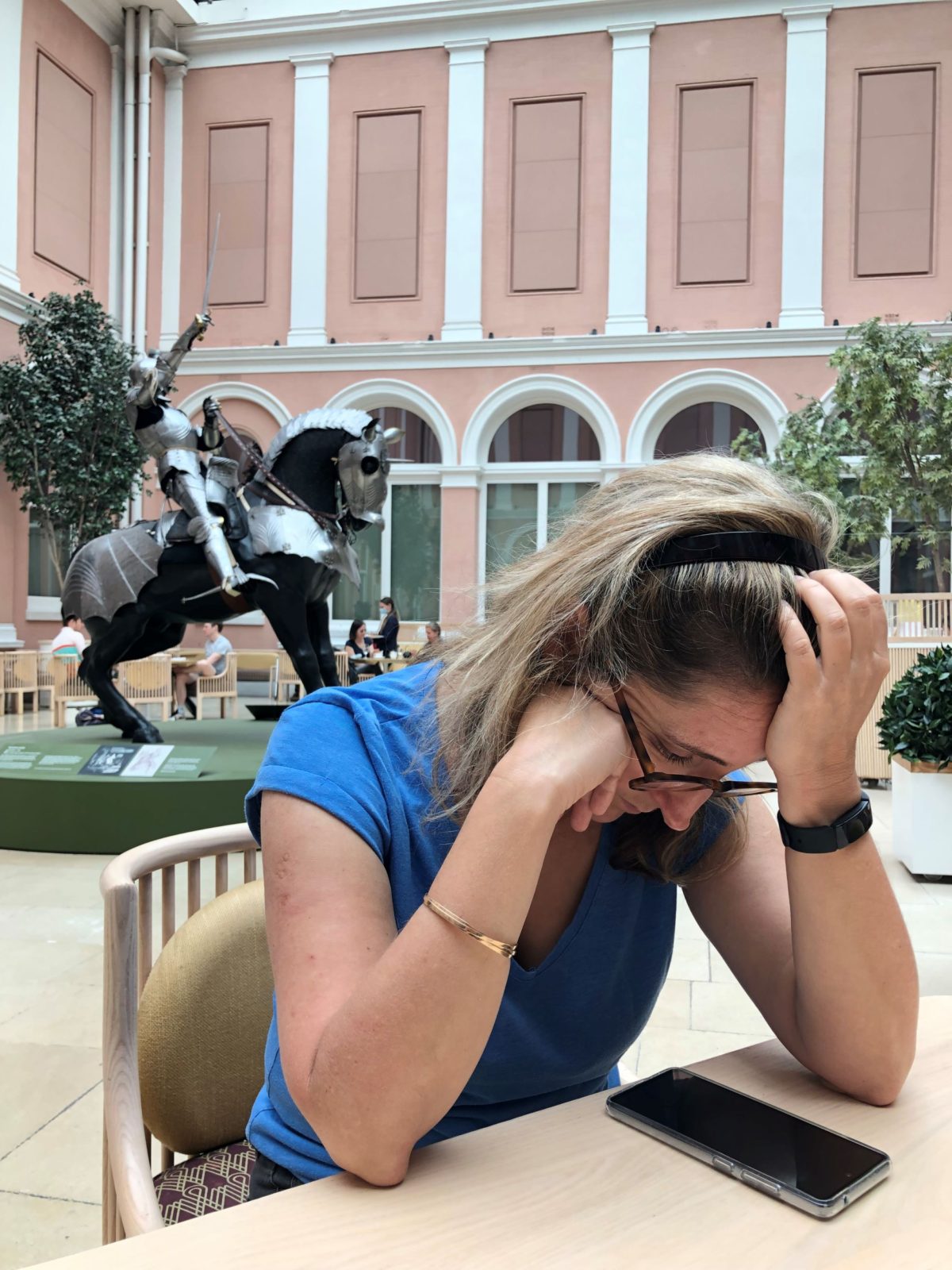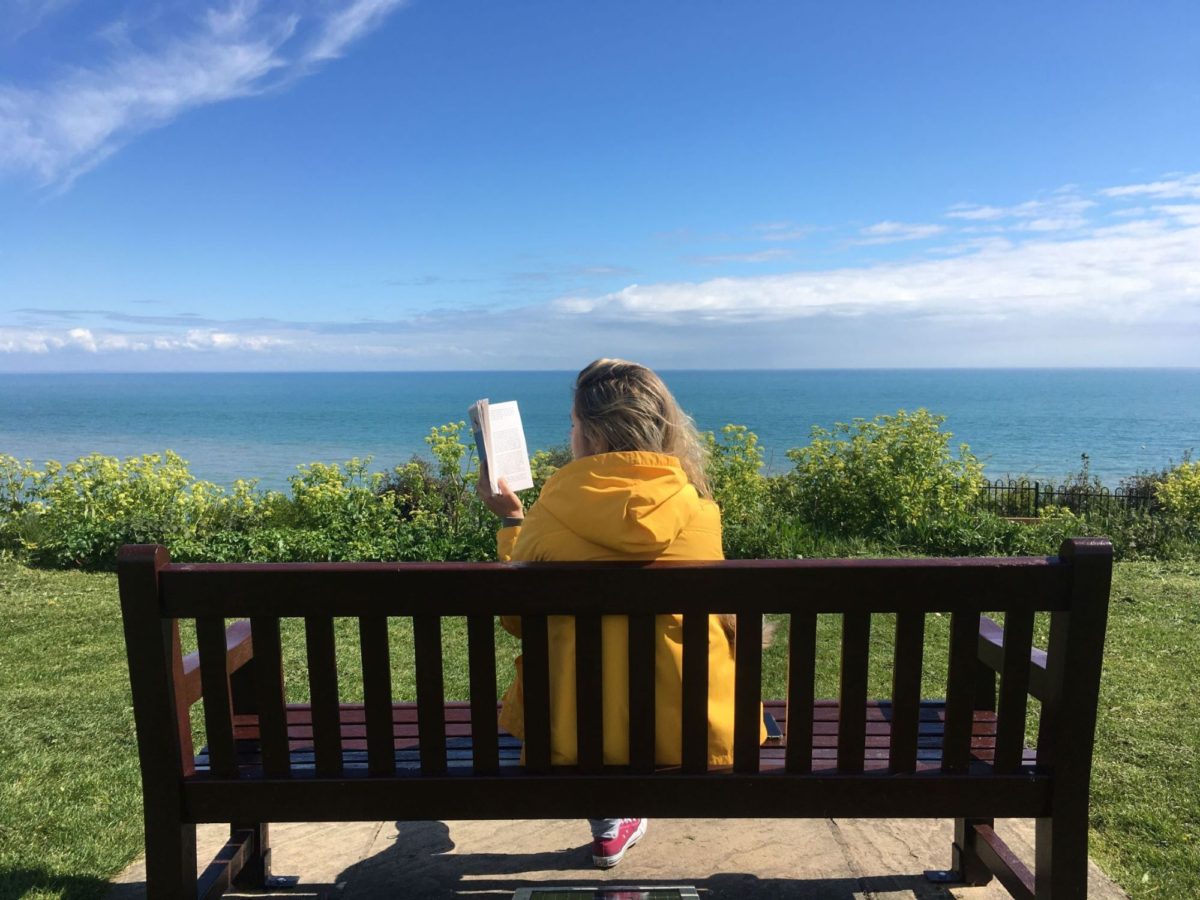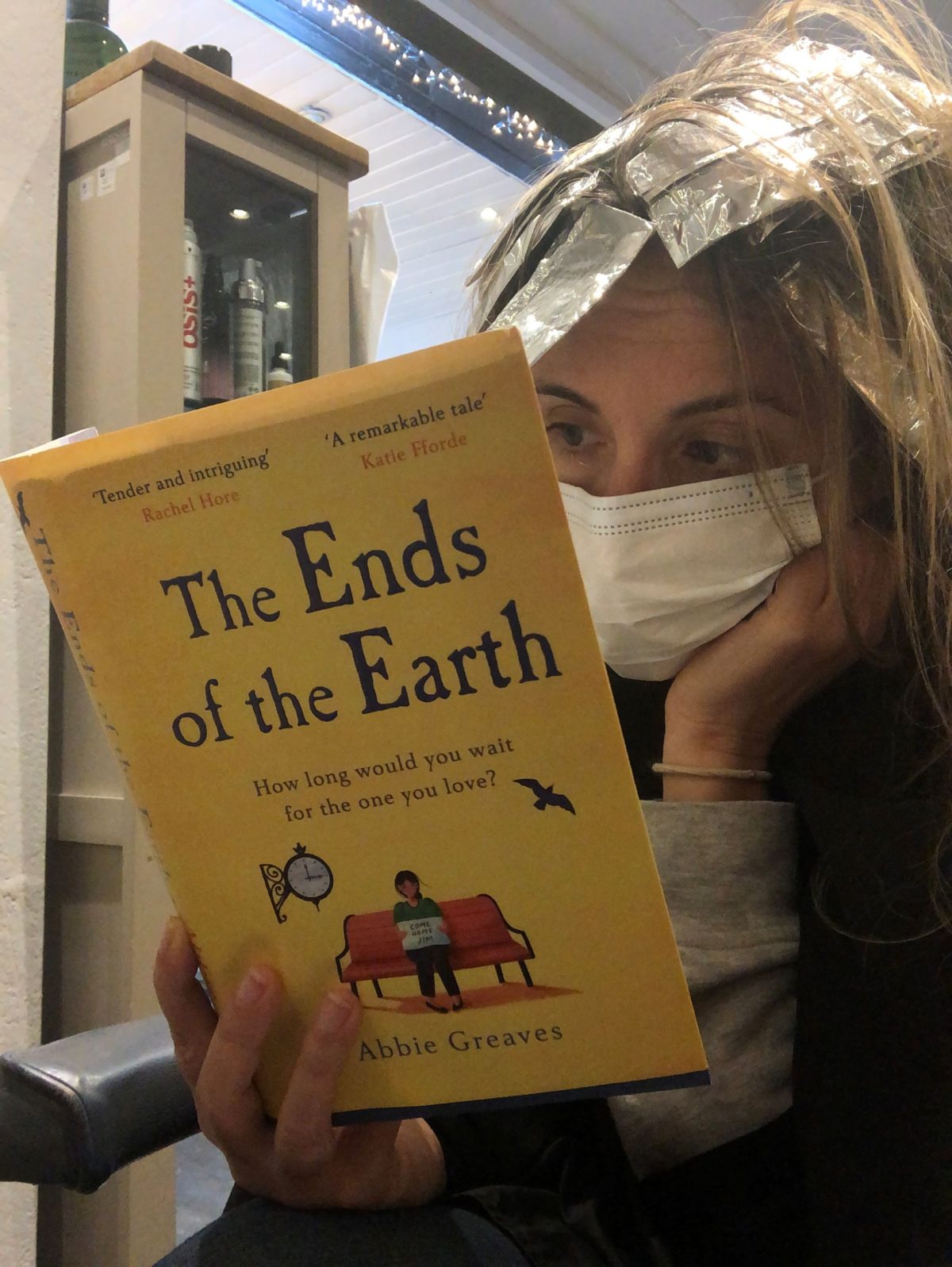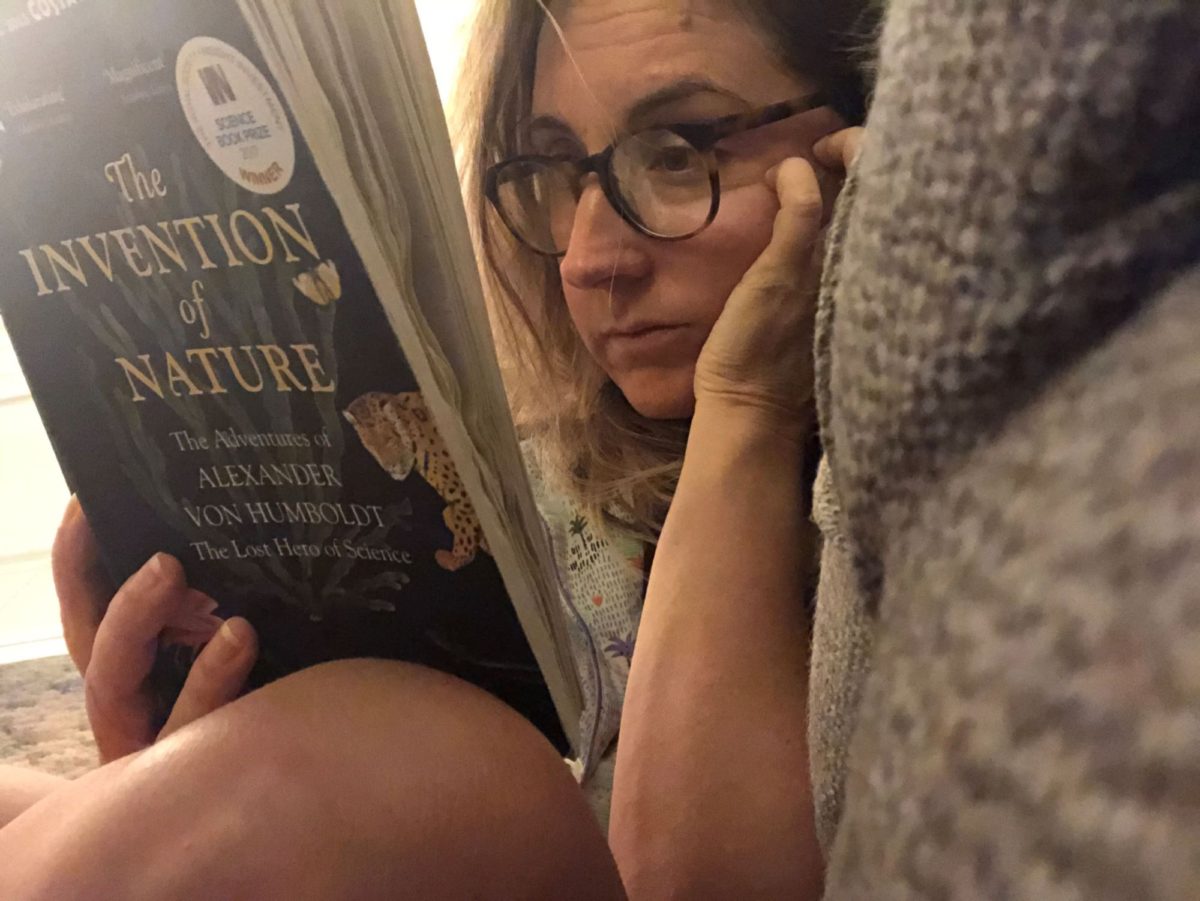The blog leads me to believe this is my sixth re-read, but I think it is more than that. I turn to this novel when I need something soothing, so it is often read late at night. I don’t very often recommend it to other people, though I love it, because I struggle to articulate what it is that I love about it so much. I think it’s partly that I find it funny; it’s partly that I can’t yet quite understand what it is about it that I find funny, so it’s mysterious; it’s partly a kind of robust pragmatism in the authorial voice that I find reassuring and that bucks me in when I feel like whining.
I did not especially like the recent TV version. I thought they softened it till it wasn’t funny any more, which was strange: a book from the 1940s is apparently too edge for the 2020s.
Let’s enjoy the first para together:
There is a photograph in existence of Aunt Sadie and her six children sitting round the tea-table at Alconleigh. The table is situated, as it was, is now, and ever shall be, in the hall, in front of a huge open fire of logs. Over the chimney-piece plainly visible in the photograph, hangs an entrenching tool, with which, in 1915, Uncle Matthew had whacked to death eight Germans one by one as they crawled out of a dug-out. It is still covered with blood and hairs, an object of fascination to us as children. In the photograph Aunt Sadie’s face, always beautiful, appears strangely round, her hair strangely fluffy, and her clothes strangely dowdy, but it is unmistakably she who sits there with Robin, in oceans of lace, lolling on her knee. She seems uncertain what to do with his head, and the presence of Nanny waiting to take him away is felt though not seen. The other children, ….. all of them gazing at the camera with large eyes opened wide by the flash… There they are, held like flies in the amber of that moment – click goes the camera and on goes life; the minutes, the days, the years, the decades, taking them further and further from that happiness and promise of youth, from the hopes Aunt Sadie must have had for them, and from the dreams they dreamed for themselves. I often think there is nothing quite so poignantly sad as old family groups.


